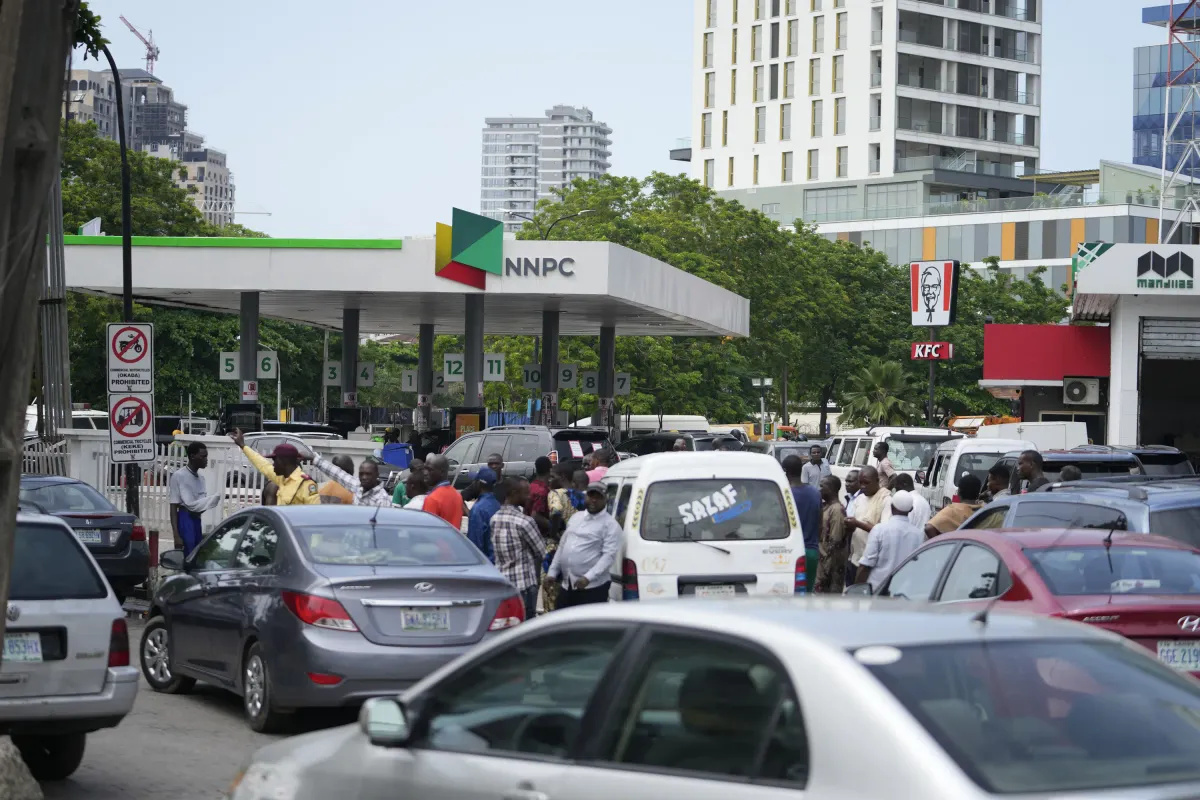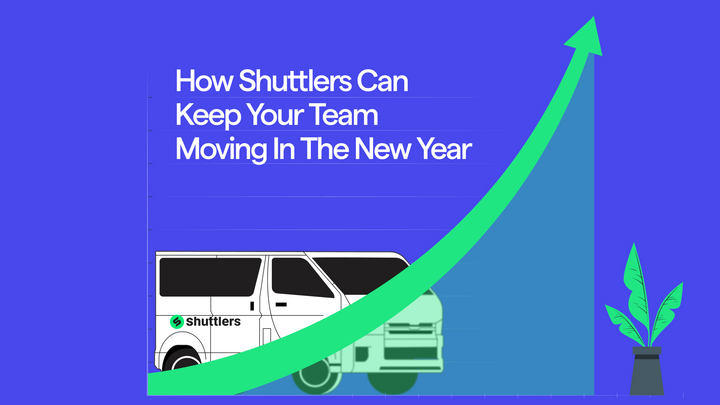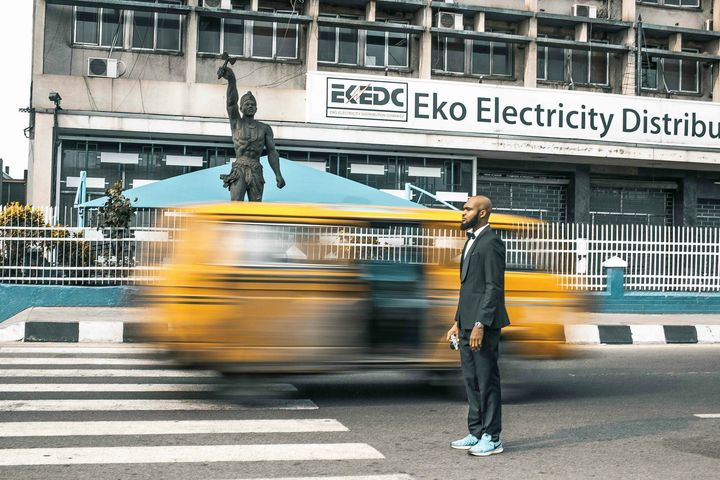Navigating Fuel Subsidy Reforms: Charting a Path Towards Sustainable Development
Fuel subsidy reforms in Nigeria represent a crucial juncture for the nation's sustainable development. By carefully navigating this complex landscape, Nigeria can strike a balance between fiscal responsibility and societal welfare.

In recent times, the global landscape has witnessed a growing chorus of voices advocating for fuel subsidy reforms. Policy-makers have expressed concerns about the effectiveness of such programs and their impact on fiscal sustainability. Moreover, it is increasingly recognized that poorly targeted subsidy initiatives can inadvertently worsen the problem of inequality, despite their intended purpose.
Nigeria, as Africa's largest petroleum producer, is not immune to these challenges. In Nigeria, while the fuel subsidy debate continues to gather steam, as Nigeria's New president announced its impending removal, studies addressing the welfare and macroeconomic implications of its removal are still relatively scanty.
This article delves into the intricacies of Nigeria's fuel subsidy regime and explores the implications of reform, shedding light on the need for a comprehensive and sustainable approach.
Fuel Subsidy and Nigeria's Economy

Oil has historically played a significant role in Nigeria's economy, contributing a substantial share of the country's GDP in past decades. While its contribution has diminished due to various factors, the oil and gas sector still holds a crucial position, accounting for a notable portion of the current GDP.
Paradoxically, Nigeria, despite its oil wealth, heavily relies on imported petroleum products, primarily fuels. The country's refineries operate well below capacity due to operational challenges, maintenance issues, sabotage, theft, and accidents. Consequently, Nigeria imports a significant portion of its fuel consumption, even in the best years, creating a dependency that strains the economy.
The Fuel Subsidy Regime
To mitigate the macroeconomic impacts of oil price shocks, the Nigerian government introduced a fuel subsidy regime. Under this system, the government regulates domestic fuel prices and pays domestic marketers the difference between the regulated price and the Expected Open Market Price (EOMP). However, the subsidy regime has come under scrutiny due to its distortions in fiscal planning, promotion of inefficient consumption, and exacerbation of income inequality. The substantial budget allocated to fuel subsidies had sparked an outrage, with stakeholders calling for these funds to be directed towards much-needed infrastructure development.
In 2021, President Buhari signed the Petroleum Industry Bill amidst commendation from stakeholders. The Act was expected to bring full deregulation of the sector. However, the former minister of finance, budget and national planning, Mrs. Zainab Ahmed, announced its suspension due to the economic headwinds the country was facing at the time.
Debates on Fuel Subsidy

The debate surrounding fuel subsidies in Nigeria has intensified, both domestically and globally. Internationally, organizations and policymakers question the efficacy of energy subsidies in protecting the most vulnerable segments of society. Numerous studies have explored the implications of fuel subsidies on the Nigerian economy. They highlight distortions in fiscal planning, the impact on inequality, and the consequences of subsidy reduction on GDP and household income. It is important to note that the welfare and macroeconomic implications of subsidy removal in Nigeria are complex and multifaceted.
1. Subsidy removal leads to an immediate increase in fuel prices, which directly impacts the cost of transportation and the prices of goods and services.
2. Higher fuel prices disproportionately affect low-income individuals and households, as they spend a larger portion of their income on transportation and basic necessities. This can result in a decline in the welfare of vulnerable populations and an increase in income inequality.
3. Higher fuel prices also contribute to inflationary pressures in the economy. Transportation costs are a significant component of production and distribution expenses, and an increase in these costs can lead to higher prices for goods and services across various sectors. This will erode the purchasing power of consumers and reduce overall economic welfare.
4. Subsidy removal is often undertaken to improve fiscal sustainability by reducing government expenditure. Subsidies place a strain on government finances, as they require significant budgetary allocations. By removing subsidies, the government can redirect these funds to other priority areas such as infrastructure development, healthcare, education, and social welfare programs. This will enhance long-term fiscal sustainability and create room for targeted spending that benefits a broader section of society.
5. Subsidy removal can also create a more favorable investment climate by reducing distortions in the economy. Subsidies often lead to market inefficiencies, discourage private sector participation, and divert resources away from productive sectors. By removing subsidies, resources are freed up for private investment, which can spur economic growth, create employment opportunities, and enhance long-term welfare.
6. Subsidy removal can serve as an impetus for economic diversification. Nigeria, as a major oil producer, has long relied on oil revenue as a primary source of income. Subsidies perpetuate dependence on the oil sector and hinder the development of other industries. Removing subsidies can encourage the diversification of the economy, promote investment in non-oil sectors, and reduce the vulnerability to oil price shocks. This can lead to a more resilient and sustainable economy over the long run.
The Path Forward
As Nigeria implements fuel subsidy reforms, it is vital to adopt a holistic and sustainable approach. An exit strategy must include targeted safety nets and the development of adjustment mechanisms to minimize adverse effects on vulnerable populations. Subsidizing transportation for the most marginalized groups could be a viable alternative to conditional cash transfers. Additionally, optimizing existing refineries alongside the newly commissioned Dangote refinery offers a more sustainable solution.
Implications for the Workforce

The removal of fuel subsidies and subsequent price increases have far-reaching consequences for the workforce. Rising transportation costs lead to inflation, affecting employees who rely on personal vehicles or public transportation. The financial burden reduces disposable income, hampers consumer spending, and potentially slows economic growth. Commuters dependent on public transportation will face challenges in reaching their workplaces reliably, which will in turn impact productivity and work-life balance.
Employers, both public and private, must recognize these challenges and invest in affordable and accessible transportation solutions to mitigate the negative impact on employees.
Conclusion
Fuel subsidy reforms in Nigeria represent a crucial juncture for the nation's sustainable development. By carefully navigating this complex landscape, Nigeria can strike a balance between fiscal responsibility and societal welfare. Comprehensive and sustainable solutions, accompanied by targeted safety nets and investments in transportation infrastructure, will ensure the prosperity of the workforce and drive the nation towards a brighter future.
Shuttlers is Nigeria's leading technology company, powering mass transit solutions. We provide safe, reliable, and affordable transportation solutions to Nigerians, with a focus on transforming the long standing stressful and inefficient transportation narrative into a productive, and stress-free experience for individuals, professionals, and companies who want to move with purpose and comfortably.
Our mission is to transform the mass transit experience around the world, by building a global network of vehicle-partners and connecting them to communities of shuttlers.
Download the Shuttlers app via Playstore or App Store, or request for a demo for your business





Comments ()